Chiropractic

If you are experiencing any of the following symptoms, feel free to consult us.
- Persistent fatigue
- Stiffness in the neck, shoulders, and back
- Heaviness in the lower back, thighs, and legs
- Blurred vision and eye fatigue
- Coldness and swelling throughout the body
- Concerns about posture and pelvic misalignment
- Decreased concentration
- Lack of motivation
- Feeling stressed
- Irritability
What Medical Japan Can Do
-
01. Posture Motion Capture
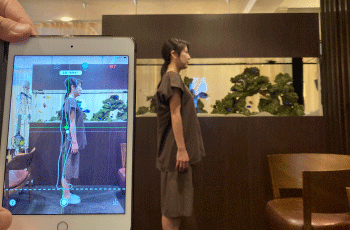
-
02. Rare in Japan:
【4D Acceleration Sensor】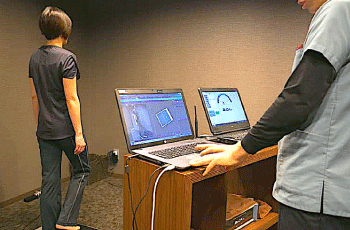
-
03. SPB Theory Based on the Law of Gravity

01.Providing posture motion capture (AI posture analysis system) for free
Motion capture takes photos and analyzes them with AI, and from the current posture, it estimates areas where muscles are stiff, areas that cause pain, future posture, etc., and can explain the treatment policy and effects more clearly. It also makes it easier for patients to understand their own physical condition.
In addition to treatment, we also focus on posture photo and video analysis, Pilates to balance muscle strength, and posture and walking instruction to prevent recurrence, so please feel free to consult us.
*The first motion capture posture analysis using an iPad is free of charge.
02. One of the few in Japan: 4D acceleration sensor
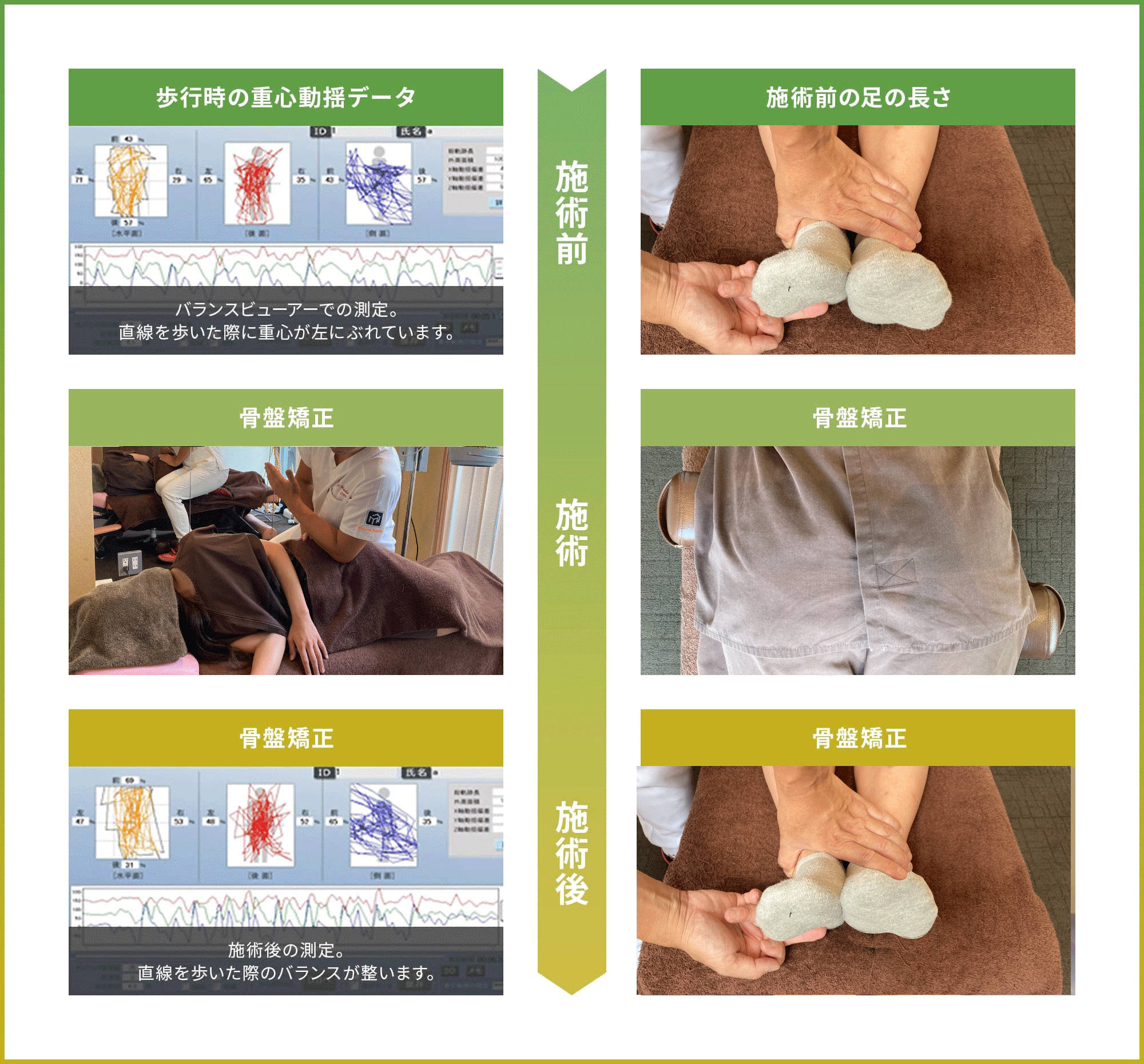
03. SPB theory based on the law of gravity
Our unique SPB theory is a theory that can bring about amazing improvements in function by adjusting the S-curve of the spine, the left-right difference of the pelvis, and the axis of the entire body.
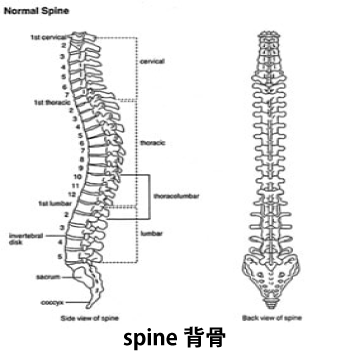
The human spine is made up of 24 vertebrae, and when viewed from the side, it naturally forms an S-shaped curve. This allows the nerves that pass through the spine to function normally. In order for signals from the brain to be properly transmitted to the extremities of the hands and feet, it is important to create an S-curve in the spine. If this curve is lost, signals cannot be transmitted properly, muscle reflexes decrease, and movement performance is negatively affected.
The spine consists of the sacrum in the center and the two iliac bones on either side. When the balance of these three bones is disrupted, it not only causes distortion and pain but also affects spinal balance. People who frequently use their bodies tend to experience twisting, while those who are postpartum or less physically active tend to have an opening direction in pelvic distortion. The muscle balance around this area plays a significant role in pelvic misalignment.
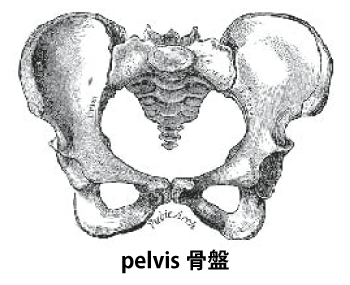
Humans stand and live on two legs. Just standing on this narrow base of support requires various muscles to constantly tense and maintain balance. Bringing each joint closer to the axis (center of gravity line) reduces unnecessary muscle tension even in a standing posture, making movements smoother.
By making adjustments based on the SPB theory, the balance of the spine and pelvis improves, alleviating headaches, stiff shoulders, lower back pain, and neuralgia. Additionally, it enhances posture, significantly improves breathing and muscle capacity, and serves as a preventive measure in many aspects.
※ The SPB theory is a concept developed and researched by our company based on evidence in the field of physical therapy rehabilitation.
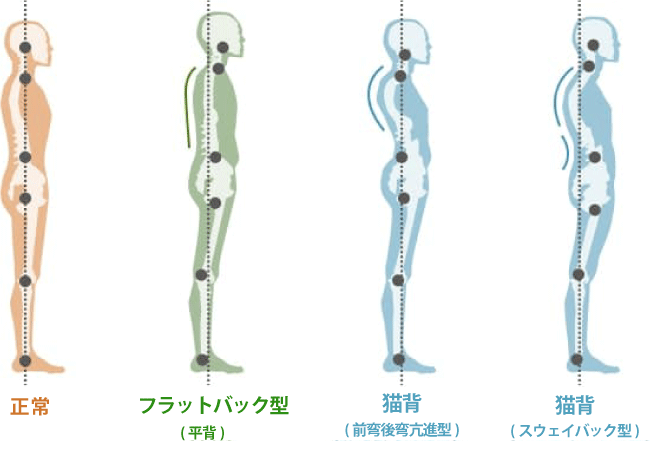
At our center, we take an approach that corrects distortions, adjusts balance, and distributes the center of gravity evenly on the soles of both feet. As a result, by strengthening the axis, cerebellar control weakens, muscle tension in the entire body is released, and the body feels very light. When muscle tension is released, breathing becomes deeper, blood flow improves, and the body becomes more and more energetic.
For those who play sports, a strong axis (core) leads to improved athletic performance and helps prevent injuries and breakdowns.
What is the reason why no matter where I go or what I do, nothing gets better?
Massage and osteopathy are not just about doing them for a long time, but also about keeping the body in balance. If you are not feeling better even after frequent massages, it is because the muscle fibers have been damaged and broken by excessive stimulation, preventing them from functioning properly.
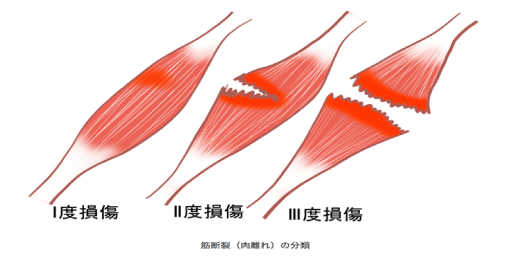
You stand on a very small surface of the soles of your feet. How can you stand? It’s because the sensations in the soles of your feet are controlled by the cerebellum, which determines the tension of the muscles in your entire body and maintains your balance in your standing posture.
Why does a loss of balance cause muscles to tense up?
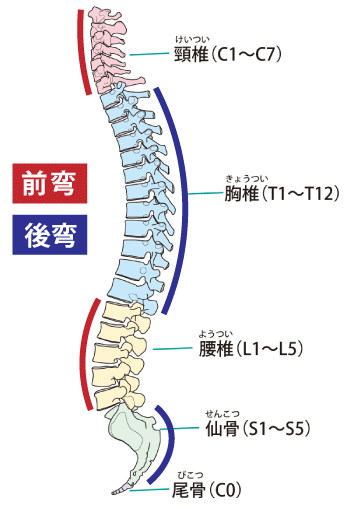

When your posture is balanced, your spine should form a beautiful S-shaped curve. This is called the physiological curvature, and it absorbs shock when walking, distributes gravity, and eases the strain on the muscles working to support the heavy head. When the physiological curvature is maintained correctly, the distance between each center and axis is the shortest, and as a result, the muscles near the center do not need extra force to maintain balance and can remain relaxed.
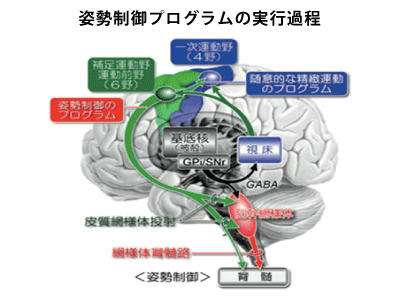
Sacral tilt angle (pelvic-lumbar rhythm)
Physiological curvature is affected by the tilt of the pelvis and sacrum.

Lumbar lordosis is reduced, thoracic kyphosis and cervical lordosis are reduced

Lumbar lordosis is stronger, thoracic kyphosis and cervical forearm are stronger
About the treatment process
01. Examination and Movement Check
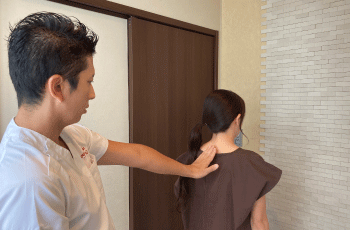
02. Explanation of the Affected Area
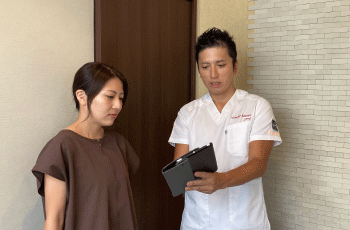
03. Evaluation
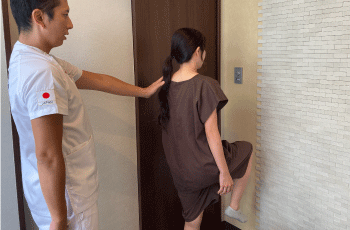
04. Treatment
- 04-1. Prone Position Treatment
- 04-2. Side-Lying Position Treatment
- 04-3. Supine Position Treatment
- 04-4. 4D Exercises
04-1 Prone Position Treatment
We will check for leg length differences and adjust them to balance your posture when standing.
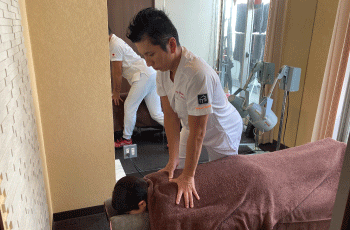
04-2 Side-Lying Position Treatment
We will release fascial adhesions and reduce muscle tension.
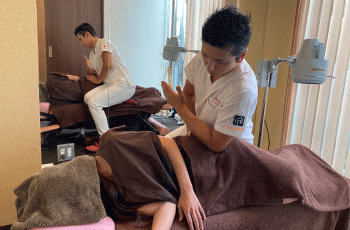
04-3 Supine Position Treatment
We will structure the S-curve of your spine and align the body’s axis.
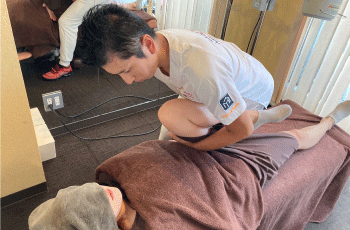
04-4 4D Exercises
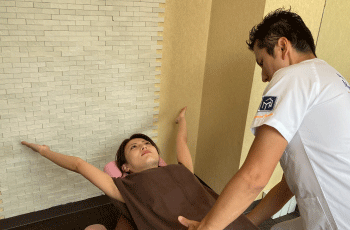
05. Re-evaluation
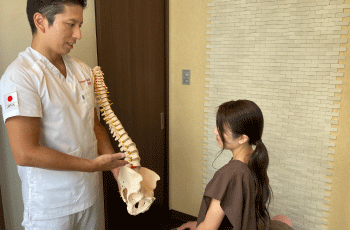
06. Treatment Completed
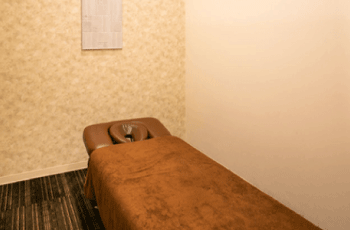
“The feeling of lightness after the treatment is unlike anything you’ve experienced!”
Doctor’s Recommendation
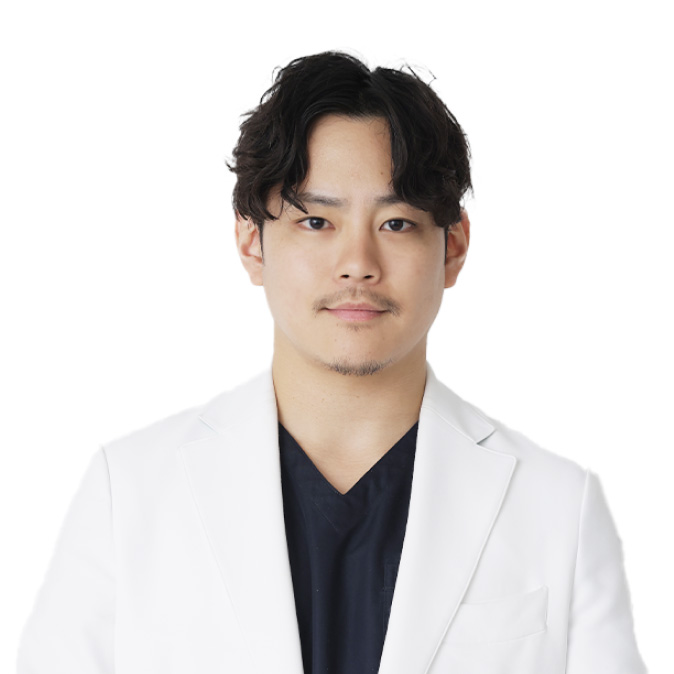

Career and Achievements
・Graduated from Kyoto University, Department of Physics Engineering
・Completed Special Training at Harvard Medical School
・Graduated from Nara Medical University
・Specialized in Aesthetic Surgery, Dermatology, and Orthopedics
My name is Ryohhei Tsuchida, Director of Tokyo Bisen Clinic Shibuya. At our clinic, we provide a range of treatments for musculoskeletal issues based on orthopedic expertise. We also offer high-precision diagnostics with an X-ray room on-site.
While we treat a variety of musculoskeletal conditions, I strongly recommend the treatments provided at Medical Japan, as they are reliable and effective.
For example:
Acupuncture and Chiropractic to Correct Pain and Numbness
We focus on root-cause treatment for issues like shoulder pain, back pain, arthritis, fascial disorders, and neuralgia, with long-term recovery in mind.
Rehabilitation and Evaluation to Prevent Recurrence
Based on detailed assessments, we design individualized rehabilitation plans to prevent recurrence of conditions like knee and shoulder joint disorders and recurring back pain.
Strengthening Exercises for the Body
After recovery, we offer strengthening exercises to prevent recurrence, sports injuries, and muscle weakness.
Medical Japan offers evidence-based comprehensive health support, particularly for individuals struggling with musculoskeletal issues like shoulder pain, back pain, arthritis, fascial disorders, and sports injuries. I highly recommend their clinic for these conditions.
Patient Testimonials
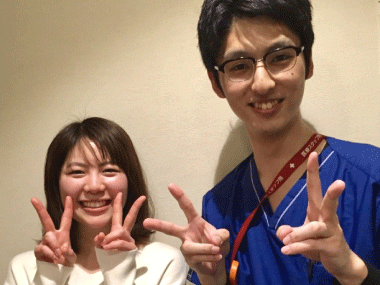
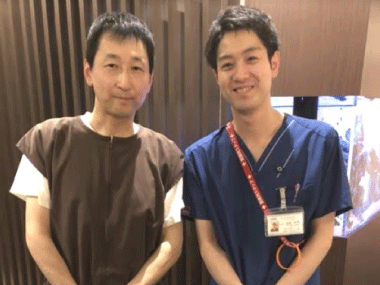
Related Information
Combination Treatments for Enhanced Effectiveness
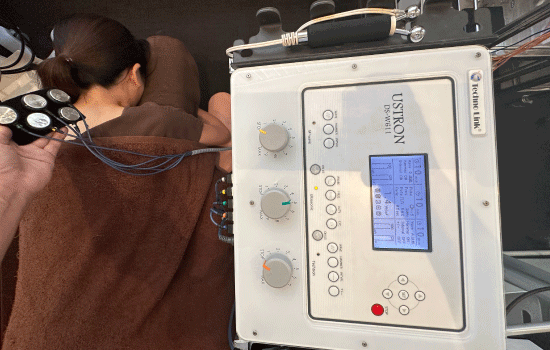
Astron is a multifunctional therapy device that combines ultrasound (1MHz, 3MHz) and low-frequency (low to high frequency) treatments based on symptoms. At Medical Japan, we incorporate ultrasound therapy along with chiropractic and acupuncture treatments. The ultrasound technology delivers heat deep into the body at speeds of 1 to 3 million cycles per second, activating cells and promoting tissue repair. By combining this with chiropractic and acupuncture, we can more effectively relieve pain and discomfort for our patients.
We offer treatment for various issues, including chronic pain relief and deep tissue pain that is difficult to treat with standard methods.
Referenced Articles
“Manual Therapy” Proven to Improve Blood Flow, Research Team Confirms
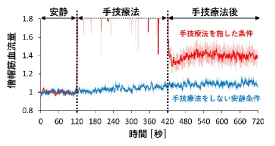
Will Humans Evolve into Strange Postures to Adapt to Smartphones by the Year 3000?
Scientists have speculated that by the year 3000, future humans—dubbed “Mindy”—may develop the following bizarre characteristics:
- Second Eyelid (Filters out strong blue light while allowing high-wavelength red, green, and yellow light to pass.)
- Hunched Back and Thick Neck
- 90-Degree Bent Elbows
- Curved Fingers Adapted for Smartphone Use
- Elongated Skull
- Smaller Brain

Even in modern society, many people tilt their heads forward at a 90-degree angle while using smartphones. If we continue processing information passively without deep thinking, the idea of brain shrinkage may not be far-fetched. Are your work habits turning you into a “Mindy”? Many might find this concept alarming. Let’s be mindful not to let technology dictate our evolution.
